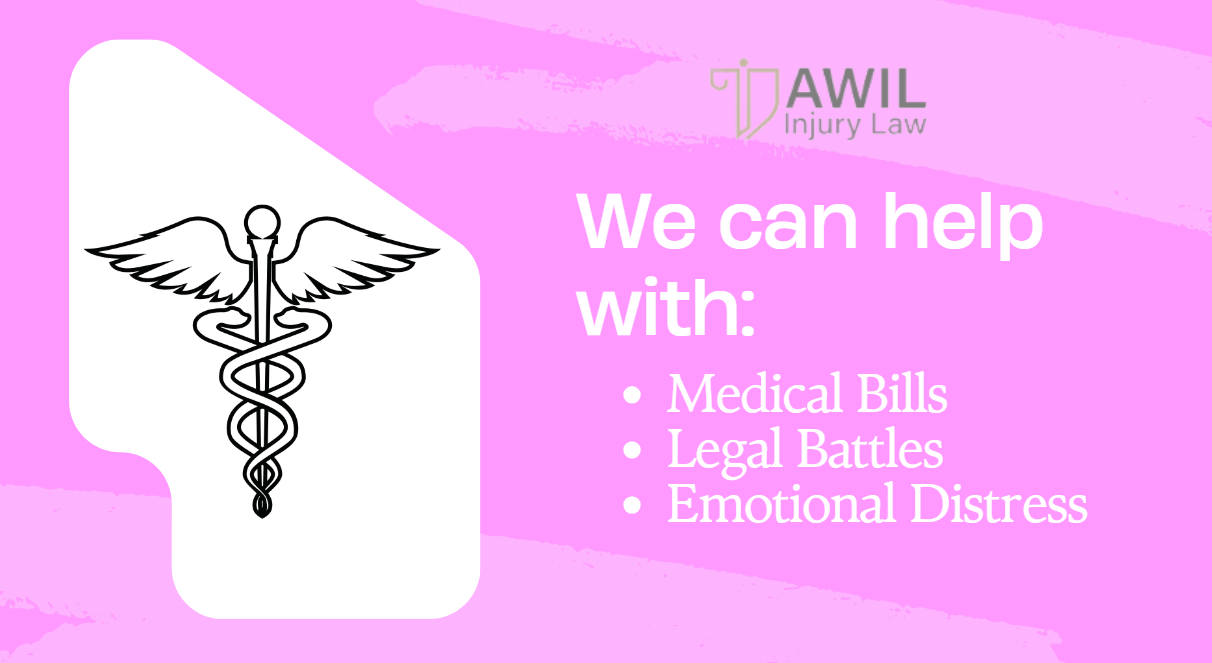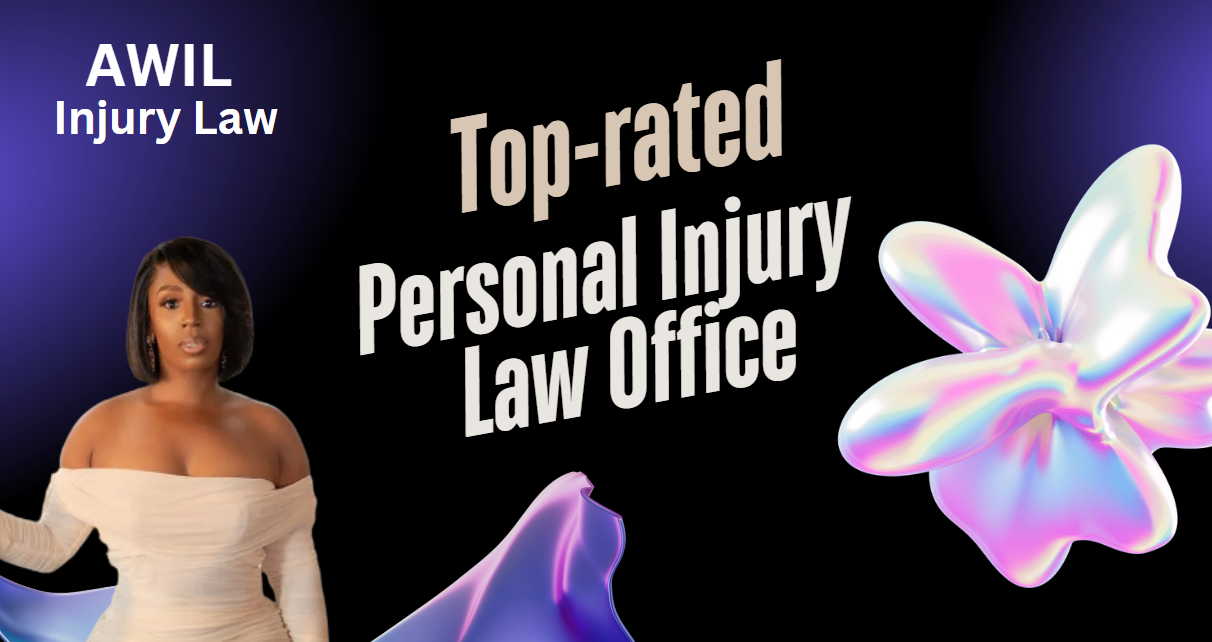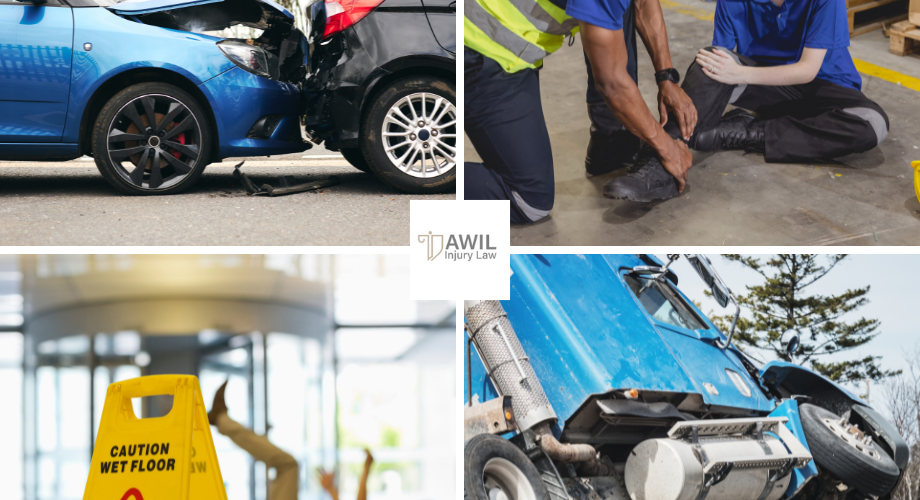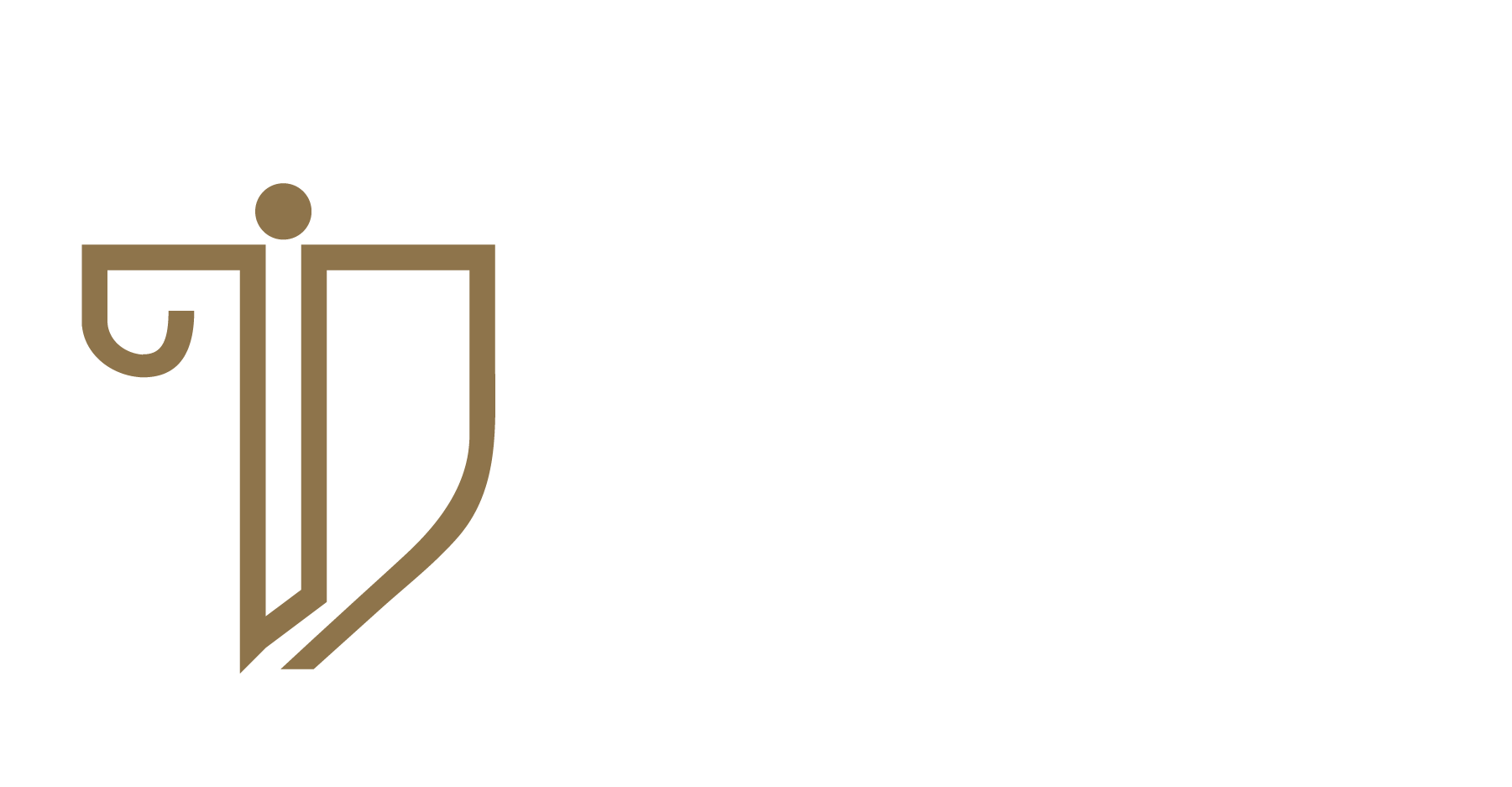CALL TODAY (855) 387-2963
Health Disparities and Personal Injury: Navigating the System

When someone suffers a personal injury, the path to recovery is rarely straightforward. Medical bills, legal battles, and emotional distress can complicate what is already a difficult time. For marginalized communities, these challenges are often magnified by long-standing health disparities that impact the care they receive and the outcomes of their personal injury claims.
These disparities, rooted in systemic issues such as unequal access to healthcare, implicit bias in medical treatment, and socioeconomic barriers, create added hurdles for achieving justice and healing. Understanding these challenges is the first step toward overcoming them. Here, we’ll explore how health disparities can influence personal injury claims and offer guidance on navigating the system for fair treatment and compensation.
Unequal Access to Quality Healthcare
One of the most significant factors affecting personal injury cases is access to healthcare. Many members of marginalized communities live in areas with fewer healthcare facilities or providers, which limits their ability to receive timely and robust medical attention after an injury. Without access to specialists or advanced treatments, injuries may take longer to heal or lead to lasting complications.
This lack of care not only impacts physical recovery but also weakens personal injury claims. Insurance companies and opposing legal teams often look at medical records and treatment timelines to evaluate the severity of injuries. Gaps in treatment or delayed care can make it easier for them to downplay injuries or reduce settlements.
Advocate for Yourself
If immediate access to quality care is a challenge, consider seeking community health centers or advocacy groups that can help connect you to the resources needed. Keeping detailed medical records, including documentation of any barriers to receiving care, ensures your injury claim accurately reflects your situation.
Implicit Bias in Medical Treatment
Even when marginalized individuals do access healthcare, implicit bias within the medical system can negatively affect the quality of care they receive. Studies have shown that members of these communities are often undertreated for pain, dismissed when reporting symptoms, or subject to stereotypes that can alter diagnoses and treatment plans.
When this type of bias leads to a delayed diagnosis or inadequate treatment, it can worsen the physical and emotional harm caused by personal injuries. This not only impacts recovery but can also affect the value of a personal injury settlement, as the full extent of injuries may not be documented or addressed.
Be Your Own Advocate
Don’t hesitate to ask for second opinions if you feel your concerns are not being fully acknowledged. Bringing a trusted friend or family member to appointments can also help ensure your voice is heard. Additionally, work with a personal injury attorney who understands how medical bias can impact your case and will fight to ensure it's factored into settlements or verdicts.
The Role of Socioeconomic Factors
Socioeconomic disparities often intersect with healthcare access and quality. High costs of medical care, lack of transportation to appointments, and time away from work are common challenges. For individuals from marginalized communities, higher rates of underinsurance or being uninsured compound these difficulties, making it hard to pursue necessary treatments.
These socioeconomic barriers can also influence personal injury claims. Without consistent follow-up care or evidence of ongoing treatment, insurers may argue that injuries are less severe or do not warrant significant compensation.
Take Steps to Address Barriers
If financial or logistical challenges interfere with your ability to get care, look for programs that provide support. Some personal injury attorneys work closely with medical providers to ensure that clients receive necessary treatment on a lien basis, meaning the provider is paid from settlement funds. This can ease the burden of upfront costs while ensuring your recovery and case are on track.
Overcoming the Challenges with Support
Navigating these obstacles on your own can feel overwhelming, but you don’t have to face them alone. Experienced personal injury attorneys can make a crucial difference in your case. They understand the systemic issues you may be up against and know how to ensure these factors are considered as part of your injury claim.
The skilled team at AWIL Law Firm is committed to advocating for clients from marginalized communities, ensuring that health disparities and their impacts on personal injury claims are addressed. Their compassionate approach combines knowledge of the healthcare and legal systems, allowing them to fight for fair compensation while supporting you every step of the way.
Building a Fairer Future
Health disparities shouldn’t determine the outcome of an injury claim—or the quality of the care you receive after an accident. By understanding these systemic issues and seeking support, you can take control of your recovery and fight for the compensation you deserve.
If you or a loved one has been impacted by an injury, remember that help is available. With the right legal guidance, you can turn these challenges into an opportunity to rebuild and reclaim your life. Reach out to the professionals at AWIL Law Firm to ensure your voice is heard and your rights are protected.
FAQ
Why is it important to hire a personal injury attorney if I face health disparities?
Hiring a personal injury attorney is crucial because they understand how factors like unequal healthcare access and socioeconomic challenges can impact your case. They ensure that these systemic issues are considered during negotiations, helping you secure fair compensation for your injuries and losses.
How can an attorney help if my medical care was affected by implicit bias?
An attorney can gather evidence to show how implicit bias influenced your treatment and delayed your recovery. They advocate for you by working with medical experts and factoring these challenges into your claim, ensuring your pain and struggles are fully recognized in the settlement process.
Hours:
Mon. - Thurs:
9:00am - 5:00pm
Friday:
9:00am - 1:00pm
Saturday - Sunday: Closed
Personal Injury Quick Links
This website is a public resource of general information concerning our law firm and not intended to be a source of legal advice. Family Matters Law Group, P.C. intends to provide up-to-date, current, and correct information, however it does not guarantee, promise or assert that the information is as such. The information is not intended to create, and receipt of it does not constitute, an attorney-client relationship. Internet subscribers and online readers should not act upon this information without seeking professional counsel. You should consult an attorney for individual advice regarding your own situation. Links on this website are not intended to be referrals or endorsements of the linked entities. Family Matters Law Group, P.C. expressly disclaims all liability in respect to actions taken or not taken based on any or all of the contents of this site. The reproduction or retransmission of the contents of this Web site is prohibited without the prior written consent of Family Matters Law Group, P.C.
All Rights Reserved | AWIL Injury Law












